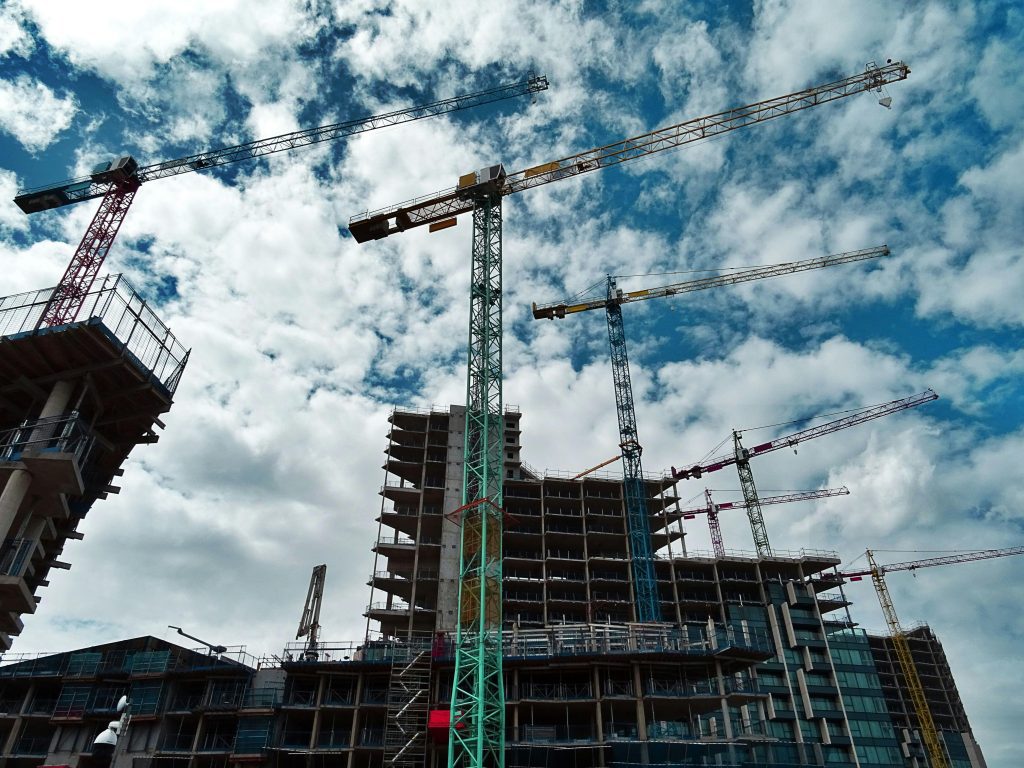Introduction
When it comes to buying a home, there are several important factors that homebuyers need to consider. One of the most crucial decisions is whether to purchase a leasehold or freehold property. This decision not only affects the ownership of the property, but it also has significant implications for obtaining a mortgage.
Leasehold and freehold are two different types of property ownership in real estate. Freehold ownership means that the homeowner owns the property and the land it sits on indefinitely. On the other hand, leasehold ownership means that the homeowner only owns the property for a fixed period of time, usually between 99 to 999 years. After the lease expires, the ownership of the property reverts back to the landlord or freeholder.
Cost Difference
One of the main differences between leasehold and freehold properties is the cost. Leasehold properties are generally cheaper than freehold properties, making them more affordable for first-time homebuyers. However, homeowners with leasehold properties are required to pay an annual ground rent to the freeholder, which can significantly increase over time. Additionally, they may also be required to pay service charges for the maintenance of the communal areas of the property.
On the other hand, freehold properties do not have any ground rent or service charges, making them a more attractive option for those looking for long-term ownership. However, freehold properties tend to be more expensive, making them less accessible for first-time buyers.
Ownership Type
When it comes to obtaining a mortgage, the type of property ownership can have a significant impact. Most lenders are more hesitant to provide mortgages for leasehold properties, as they are seen as a riskier investment. This is because the leasehold ownership has an expiration date, which means that the property will eventually revert back to the freeholder. This can make it challenging for homeowners to remortgage or sell their property in the future.
Furthermore, lenders may also require a minimum number of years left on the lease in order to approve a mortgage. If the lease has less than 80 years remaining, it can be difficult to secure a mortgage, as the property’s value decreases as the lease gets closer to expiration. This can also make it challenging for homeowners to sell their property in the future, as potential buyers may struggle to obtain a mortgage for a property with a short lease.
In contrast, freehold properties are generally considered less risky by lenders, making it easier to obtain a mortgage. This is because the homeowner has full ownership of the property and the land, which reduces the risk of the property losing value over time. Additionally, there are no ground rent or service charges to consider, making it more affordable for homeowners to maintain their property.
However, it is worth noting that some lenders may also have restrictions on the type of freehold property they are willing to lend on. For example, some lenders may not provide mortgages for properties located on flood plains or built with non-standard construction materials. It is essential for homebuyers to research and understand the restrictions set by their chosen lender before making a final decision.
In some cases, homeowners may have the option to purchase the freehold of their leasehold property through a process called ‘enfranchisement.’ This involves buying the freehold from the landlord or freeholder, giving the homeowner full ownership of the property and the land. This can be a costly process, but it can significantly increase the value and marketability of the property in the long run.
Conclusion
In conclusion, the decision between leasehold and freehold ownership has significant implications for obtaining a mortgage. While leasehold properties may be more affordable, they can be riskier investments in the long run. On the other hand, freehold properties offer more stability and easier access to mortgages, but they may come with a higher upfront cost. It is crucial for homebuyers to carefully consider their options and conduct thorough research before making a decision to ensure they make the most financially sound choice for their future.

